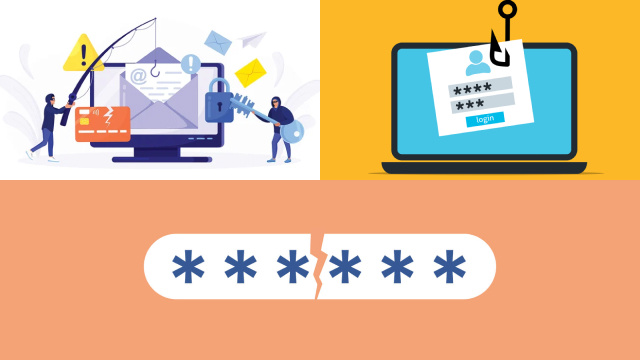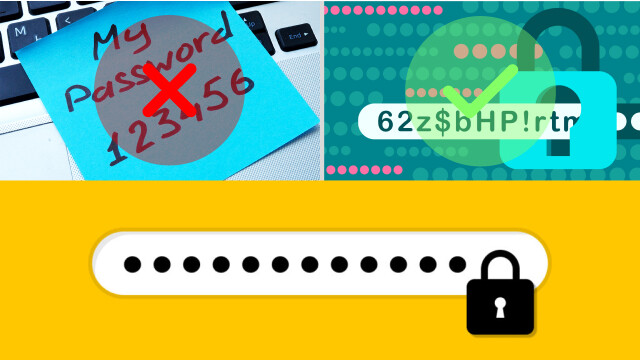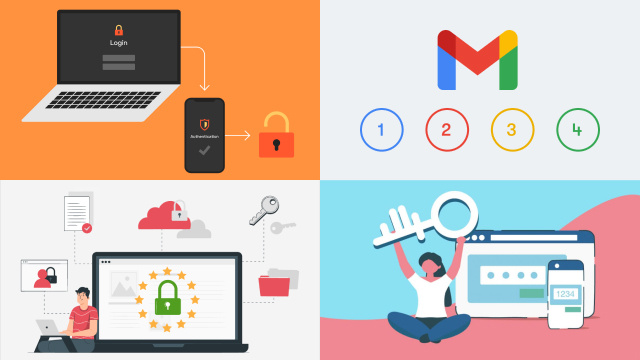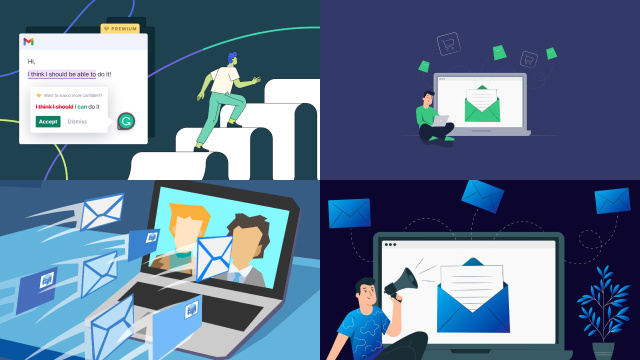The Reality of Email Hacking
Email hacking is a common cybercrime that can have severe consequences for individuals and businesses alike. Hackers use various techniques to gain access to email accounts, such as phishing, malware, and social engineering.
Once a hacker gains access to an email account, they can steal personal information, launch phishing attacks, and spread malware. In addition, they can use the compromised account to send spam and scam emails to contacts in the victim’s address book.
The consequences of email hacking can be severe, ranging from identity theft to financial loss and damage to reputation. It is crucial to take steps to protect your email account from hacking and know what to do if your account has been compromised.
In this article, we will discuss the steps you can take to prevent email hacking, the signs that your email account has been hacked, and what to do if you fall victim to this type of cybercrime.
Identify and Confirm the Hack
If you suspect that your email account has been hacked, the first step is to identify and confirm the hack. Look out for any unusual activity on your email account, such as emails being sent from your account without your knowledge, emails being deleted or moved to the spam folder, or changes to your email account settings.
Another way to confirm a hack is to check your email account login history. Many email providers allow you to view the IP addresses and locations of recent login attempts. If you notice any login attempts from unfamiliar locations, it may be a sign that your account has been hacked.
If you confirm that your email account has been hacked, the next step is to take immediate action to secure your account and prevent further damage. Change your email account password immediately, and make sure that you use a strong, unique password that is difficult to guess. Contact your email provider for assistance if you need help with securing your account.
Change Your Password Immediately
When creating a new password, use a combination of uppercase and lowercase letters, numbers, and symbols. Avoid using common words or phrases that are easy to guess, such as “password” or “123456.”
It’s also a good idea to avoid using the same password for multiple accounts. If one account is hacked, using the same password for other accounts can make it easy for the hacker to gain access to those accounts as well.
After changing your password, monitor your email account for any suspicious activity, such as emails being sent without your knowledge or emails being deleted. If you notice any further unauthorized activity, take immediate action to secure your account and seek assistance from your email provider if needed.
Check for Suspicious Activity in Your Account
After changing your password, it is important to check for any suspicious activity in your email account. This includes checking for any emails sent or received that you do not recognize or any changes made to your account settings without your permission.
In addition, check your email forwarding settings to ensure that your emails are not being forwarded to an unknown email address. Hackers may use email forwarding to gain access to your sensitive information without your knowledge.
Another sign of suspicious activity is if you receive emails from your own email address. Hackers may use this tactic to trick you into thinking the email is legitimate, but in reality, they are attempting to gain access to your account.
If you notice any suspicious activity, immediately report it to your email provider and take steps to secure your account. It’s also a good idea to enable two-factor authentication and regularly change your password to further protect your email account from hacking attempts.
Secure Your Other Online Accounts
If your email account has been hacked, it’s possible that your other online accounts may be at risk too. Hackers may try to use the information they obtained from your email to gain access to your other accounts, such as social media, banking, or shopping websites.
To secure your other online accounts, start by changing the passwords for each account. It’s important to use a unique and strong password for each account to prevent hackers from easily guessing or cracking your passwords.
Consider enabling two-factor authentication for your accounts, which adds an extra layer of security by requiring a verification code in addition to your password. This can help prevent unauthorized access even if your password is compromised.
Review the security settings for each account and make sure they are set to the highest level of security available. Additionally, be cautious when sharing personal information online and avoid using public Wi-Fi when accessing sensitive accounts.
By taking these steps, you can help protect your other online accounts and prevent further damage if your email account has been hacked.
Notify Your Contacts of the Breach
If your email account has been hacked, it’s important to notify your contacts as soon as possible. This can help prevent the hacker from spreading malware or phishing attempts to your contacts through your compromised email account.
You can send a mass email to your contacts alerting them of the breach and advising them not to open any suspicious emails or click on any links from your email account. It’s also a good idea to provide them with alternative means of contacting you, such as a different email address or phone number.
In addition to notifying your contacts, you may want to consider reporting the breach to your email provider. They may be able to assist you in securing your account and preventing further unauthorized access.
By taking quick action and notifying your contacts of the breach, you can help prevent the hacker from causing further damage and protect your reputation online.
Protect Your Email Going Forward
Once your email account has been hacked, it’s important to take steps to protect your email going forward. Here are some tips to help prevent future hacks:
- Enable two-factor authentication: This adds an extra layer of security to your account by requiring a code in addition to your password to access your email.
- Use strong passwords: Avoid using easily guessable passwords and consider using a password manager to generate and store strong passwords.
- Be cautious of suspicious emails: Be careful when opening emails from unknown senders and avoid clicking on any links or attachments from them.
- Keep your software up-to-date: Make sure your operating system and email client are up-to-date with the latest security patches.
- Use anti-virus software: Install anti-virus software on your computer and keep it updated to help prevent malware and viruses from infecting your system.
By following these tips, you can help protect your email account from future hacks and keep your personal information secure.
Conclusion: Learn From the Experience and Move Forward
Having your email account hacked can be a stressful and unsettling experience, but it’s important to remember that it’s possible to recover from it. Once you’ve taken the necessary steps to secure your account and prevent future hacks, it’s important to take some time to reflect on what you’ve learned from the experience.
Consider what precautions you can take to protect your online accounts in the future, such as using stronger passwords or enabling two-factor authentication. It’s also a good idea to monitor your accounts regularly to detect any suspicious activity early on.
Remember that cyber attacks can happen to anyone, and it’s not a reflection of your competence or intelligence. By taking action and learning from the experience, you can move forward with greater awareness and confidence in your ability to protect your online security.



